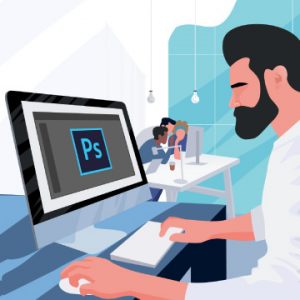Views
368
Replies
9
Status
Closed
When saving as jpeg from Camera Raw, the max quality setting available is 10. When saving a jpeg from PS, the max is 12.
Are 10 and 12 the same compression?
Are 10 and 12 the same compression?
Related Tags

Master Retouching Hair
Learn how to rescue details, remove flyaways, add volume, and enhance the definition of hair in any photo. We break down every tool and technique in Photoshop to get picture-perfect hair, every time.
